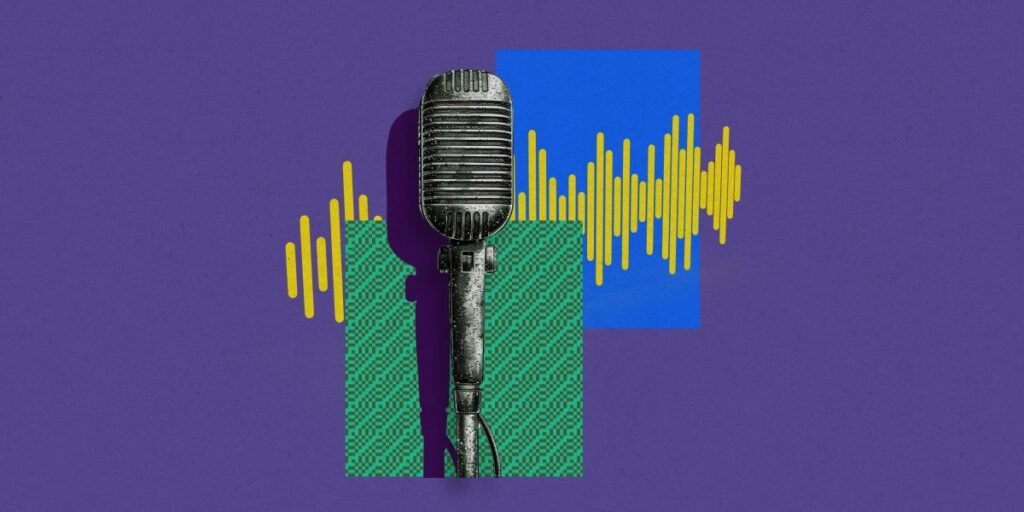Google’s innovative AI-driven podcasting feature, Audio Overview, has unexpectedly gained traction since its launch in mid-September. This new functionality is part of NotebookLM, an artificial intelligence research assistant that debuted a year ago.
Powered by Google’s Gemini 1.5 model, NotebookLM enables users to upload various types of content, including links, videos, PDFs, and text. Users can interact with the system by asking questions about the uploaded material, and it responds with concise summaries.
One standout feature of this tool is the Deep Dive podcast, which generates audio discussions featuring both male and female voices analyzing the content you provide. The audio quality is impressively lifelike, enhancing the listening experience.
While this technology is both exciting and enjoyable, it is not without its challenges. Issues like hallucinations and biases that often affect generative AI systems still persist. Below are some of the key ways users are currently leveraging NotebookLM.
—Melissa Heikkila
California Enacts New Law to Protect Consumers’ Brain Data: Is It Enough?
On September 28, California became the second state in the U.S. to acknowledge the significance of mental privacy through state law. The ability to measure brain activity can reveal intricate details about an individual, underscoring the need for robust protections for neural data. This data is incredibly valuable; while it doesn’t capture thoughts directly, it can offer insights into our emotions, preferences, and desires.
Senior biotech reporter Jessica Hamzelou explores the implications of California’s new laws on mental privacy and discusses the gaps that still exist.
For in-depth coverage, read the full article.
Stay updated with The Checkup, our weekly newsletter that provides insights into the latest developments in biotech. Subscribe to receive it every Thursday in your inbox.
